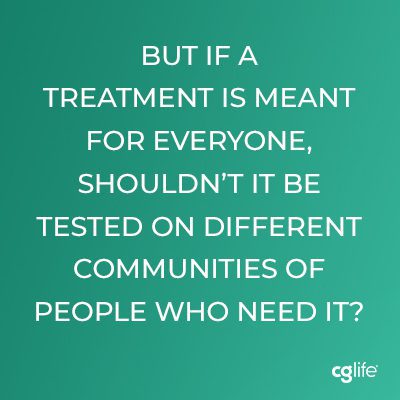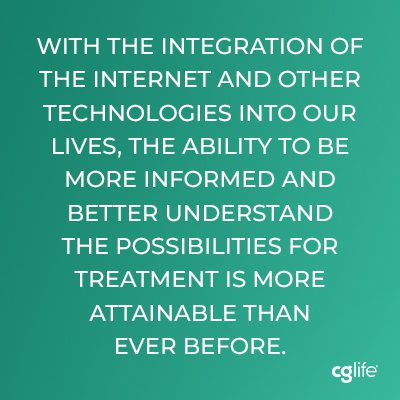

Intern Guest Blog Post: Decentralized Clinical Trials: Inclusive and Accessible Changes To Healthcare
While the COVID-19 pandemic has negatively impacted much of the world, it has also provided an opportunity for us to learn what improvements can be made to make a lasting and positive impact in the future. One of these areas is the clinical trial space.
The majority of clinical trials before the pandemic required in-person participation from patients. When in-person activities stopped and non-necessary medical procedures were put on hold, 3 out of every 4 clinical trials worldwide were also halted or delayed. This required the life science industry to think outside the box when it came to conducting clinical trials. Decentralized clinical trials were already being pioneered prior to the COVID-19 pandemic, but the mass shutdowns helped to accelerate their development.
Decentralized clinical trials provide all-virtual or hybrid participation options. This streamlined, patient-centric approach allows for more flexibility for patients. Instead of having to travel to a hospital or trial site for each study visit, patients can be a part of clinical trials from home or through a hybrid model of remote and in-person visits. These options remove many of the obstacles patients face in clinical trial participation.
Not only do decentralized clinical trials add opportunities for more patients to participate, but they also address the lack of diversity in the clinical trial space. Studies have shown that medicines affect populations differently in regards to race, gender, and physical characteristics like weight and pregnancy status. But if a treatment is meant for everyone, shouldn’t it be tested on different communities of people who need it?


In 2019, Forbes reported that only 8% of cancer patients participated in clinical trials, but not because they didn’t want to. Historically, clinical trials for certain drugs have been run through major metropolitan hospitals, meaning that the trip to the trial’s location can take hours or simply not be feasible for many patients, considering the numerous visits required to participate. This travel time makes participation in clinical trials even more difficult for people in underserved communities that struggle to afford the time off or have limited transportation options. Because of the time and financial constraints to participate in clinical trials, many of the participants tend to fall into only a few groups, meaning that the drug is only tested within a less diverse population.
Decentralized clinical trials open the door for more effective and inclusive medicine by offering patients the ability to participate from anywhere. Individuals no longer need the time off work or money to travel, and they don’t have to live close to a hospital where the trial is being conducted. This provides the opportunity to collect trial data from previously underrepresented groups of people and hopefully to develop drugs that are effective for more diverse populations.
While not every clinical trial is suitable for decentralization, they are best suited for managing chronic conditions such as diabetes.
While the pandemic increased the demand for more diverse clinical trials and medicine, it also increased the general awareness of clinical trials. Prior to the COVID-19 pandemic, the general public was less informed about how clinical trials work and their importance. Because of the widespread discussions about the COVID-19 vaccine and the general public’s interest in its development, a better understanding of how clinical trials work and who can participate in them is developing.
With the integration of the internet and other technologies into our lives, the ability to be more informed and better understand the possibilities for treatment is more attainable than ever before. As technology continues to advance and more information is spread across the internet, patients have more access to information about clinical trials including ones that may personally benefit them. Along with the growth of decentralized clinical trials also comes the integration of wearable technology that can collect data from home rather than being monitored in regular doctor check-ups. Partnering with these technologies can allow for more inclusive trials, as they allow anyone to participate from anywhere at any time.


The field of clinical research is only going to continue to grow, with certain job growth expected of over 10% in the clinical trials industry. As personalized medicine— treatments that are selected for individuals based on their unique genomes—gains popularity and becomes more accessible, the field is showing significant growth. The number of patients willing to participate is only going to increase, especially as decentralized clinical trials become more mainstream.
Organizations such as Reify Health and THREAD Research are continuing to innovate decentralized clinical trials to make them even more patient-focused. Reify, partnering with CareAccess is changing how clinical trials are run by helping support sites on demand along with mobile sites. THREAD has developed an integrated platform to develop and run clinical trials through one user experience.
As technology advances to offer more virtual options in everything from work to health, it only makes sense that clinical trials also adapt to offer a more diverse and inclusive option for treatment.
